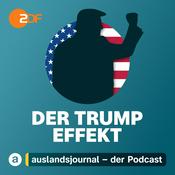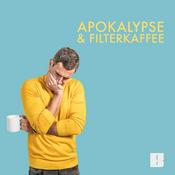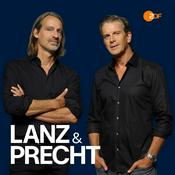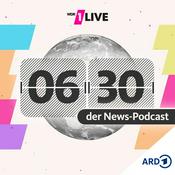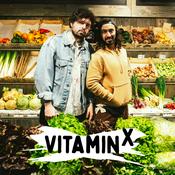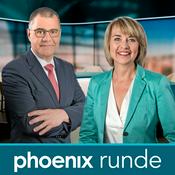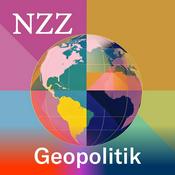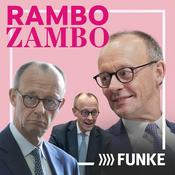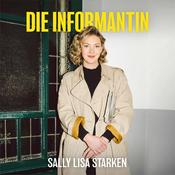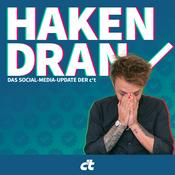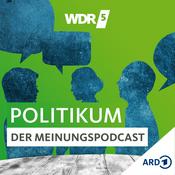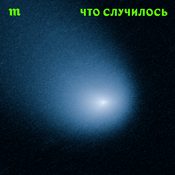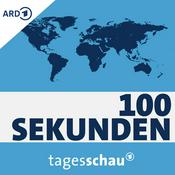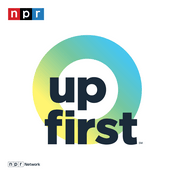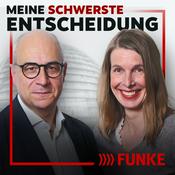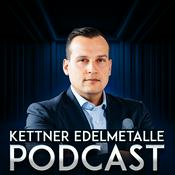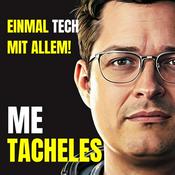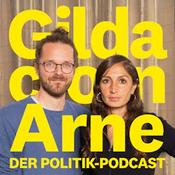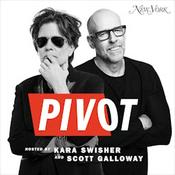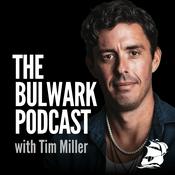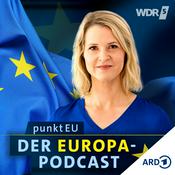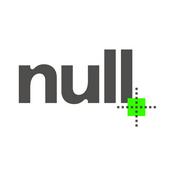48 Episoden
- Exploring Kairos: Turning Linux Distributions into Immutable Operating Systems
In this episode, we dive into the Kairos project, a CNCF initiative aimed at converting any Linux distribution into an immutable operating system. Hosts David and Laura chat with Mauro and Dimitris, maintainers of Kairos, discussing the motivations, technical aspects, and unique features of the project. Listeners get an inside look at the challenges and solutions involved in creating an immutable OS, the project's community, and its intriguing name origin. Whether you're a home lab enthusiast or an enterprise developer, this episode offers valuable insights into Linux immutability, system management, and future trends. - In this episode, we dive deep into Flatcar Linux, an immutable Linux distribution designed for always-on infrastructures. The discussion covers the architecture and features of Flatcar, including its self-updating capabilities and minimal attack surface. We explore the use of Ignition for provisioning, the role of Systemd and its extensions, and the detailed update process via an update server. The Flatcar maintainers also highlight the benefits of full-disk encryption, node-level metrics, and operational insights available through tools like Nebraska and Node exporter. Guest speakers include Flatcar maintainers and engineers from Microsoft, who share their experiences and insights on managing and maintaining Flatcar at scale.
- Flatcar Linux: A Modern OS for the Always-On Infrastructure
In this episode, we dive deep into Flatcar Linux, an immutable Linux distribution designed for always-on infrastructures. The discussion covers the architecture and features of Flatcar, including its self-updating capabilities and minimal attack surface. We explore the use of Ignition for provisioning, the role of Systemd and its extensions, and the detailed update process via an update server. The Flatcar maintainers also highlight the benefits of full-disk encryption, node-level metrics, and operational insights available through tools like Nebraska and Node exporter. Guest speakers include Flatcar maintainers and engineers from Microsoft, who share their experiences and insights on managing and maintaining Flatcar at scale.
Creators & Guests
David Flanagan - Host
:thilo: - Guest
Mathieu Tortuyaux - Guest
James Le Cuirot - Guest
(00:00) - Introduction
(01:59) - Guest Introductions
(03:10) - What is Flatcar?
(12:30) - Kernel modules and Flatcar
(17:41) - Getting started with Flatcar
(21:27) - Encryption with Flatcar
(29:40) - Kubernetes Upgrades with Flatcar
(35:14) - Flatcar k8s node upgrades
(38:08) - Flatcar Metrics
(40:42) - Operating at scale
(44:25) - Recap
(45:07) - Quick-fire questions - Evolving Platform Engineering & The Rise and Fall of Kubernetes with Evelyn Osman.
In today's episode of Cloud Native Compass, we dive deep into the world of platform engineering and Kubernetes. Our guest, Evelyn Osmond, head of platform at a Munich-based energy trade startup, shares her extensive experience and insights on building and maintaining platforms. We discuss the future of scripting, the challenges of release management, and the importance of continually asking 'why' in both technical and business contexts. Join us as we explore the benefits and potential pitfalls of Kubernetes, the necessity of understanding the 'why' behind our choices, and the evolving landscape of cloud-native technologies. Whether you're a junior developer or a seasoned engineer, there's something here for everyone.
Click here to watch a video of this episode.
(00:00) - Introduction and Overview
(01:02) - Guest Introduction: Evelyn Osmond
(03:26) - Evelyn's Background in Tech
(05:08) - The Evolution of Scripting and Platforms
(13:53) - The Importance of Asking 'Why'
(19:14) - Engineering Principles and Practices
(22:49) - Debating Code Generation and Templating
(23:14) - Understanding Developer Motivations
(24:05) - The Importance of Questioning Requirements
(30:02) - Challenges with Kubernetes Adoption
(30:52) - Evaluating Kubernetes for Different Use Cases
(35:37) - The Future of Kubernetes and Cloud Native Solutions
(41:59) - Concluding Thoughts and Farewell
Creators & Guests
Laura Santamaria - Host
David Flanagan - Host
Evelyn Osman - Guest
Weitere Nachrichten Podcasts
Trending Nachrichten Podcasts
Über Cloud Native Compass
The podcast that helps you navigate your way through Kubernetes and Cloud Native trends.
Podcast-WebsiteHöre Cloud Native Compass, Was jetzt? und viele andere Podcasts aus aller Welt mit der radio.de-App
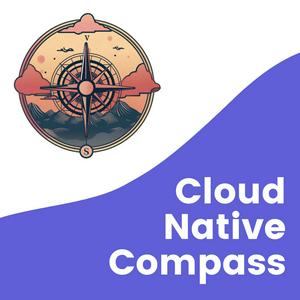
Hol dir die kostenlose radio.de App
- Sender und Podcasts favorisieren
- Streamen via Wifi oder Bluetooth
- Unterstützt Carplay & Android Auto
- viele weitere App Funktionen
Hol dir die kostenlose radio.de App
- Sender und Podcasts favorisieren
- Streamen via Wifi oder Bluetooth
- Unterstützt Carplay & Android Auto
- viele weitere App Funktionen


Cloud Native Compass
Code scannen,
App laden,
loshören.
App laden,
loshören.



